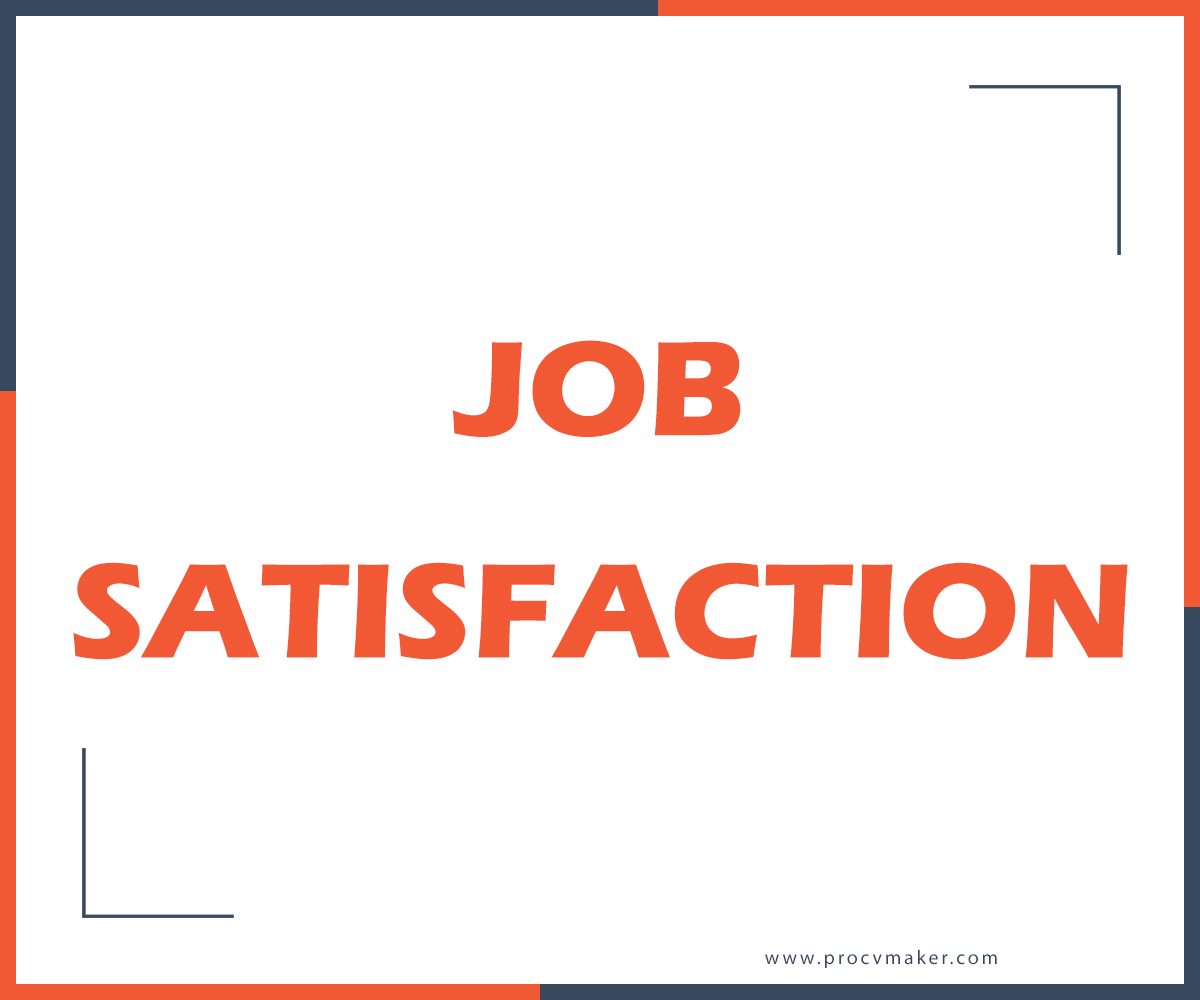Employees happiness is a core factor for workers. If the employee is satisfied with his job, he will be more honest, dedicated, and contribute more to his skills. When the organizational environment is cooperative, an employee will be more motivated towards the task assigned to him/her. He will do his job more actively.
Job satisfaction refers to the feeling of satisfaction in a person’s job, which acts as an incentive to work. If the employee is unhappy he will not give any attention to the job assigned to him because the degree of motivation would be weak.
There are three main components of job satisfaction that an employee performs with a company to recognize the degree of satisfaction.
1- EVALUATION COMPONENT
Evaluation is done by each individual in the organization in a different way. It’s the way a person deliberately evaluates, examines, and defines the work environment. Then he analyzes the performance of the organization, i.e. what he likes and dislikes about the organization and all of his / her satisfaction.
2- COGNITIVE COMPONENT
Cognitive components are an organization point of view of the employees, trust, judgment, and opportunities. This motivates them to learn, remember, and pay attention to their work which shows how satisfied they are with the organization. If the person is not satisfied with his organization then it is going to have great impact on his mental health. In their work, he won’t be able to focus on and won’t be able to complete his assigned tasks in timely manner. Cognitive components have a major influence on the level of employee satisfaction.
3- AFFECTIVE COMPONENT
The affective component is an individual’s feeling of the emotions about an organization’s attitude towards an individual. An employee will be happy until his/her boss gets a constructive response. Although the negative impact is evoked by invalidating conditions which add to the worker becoming unhappy. But at times constructive boss criticism will allow the employee to effectively understand and develop their job.



